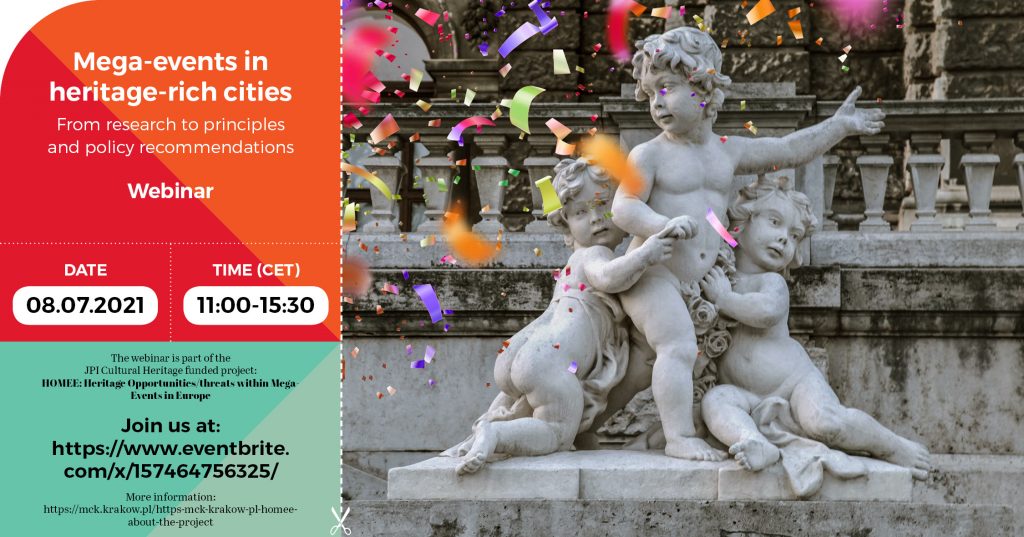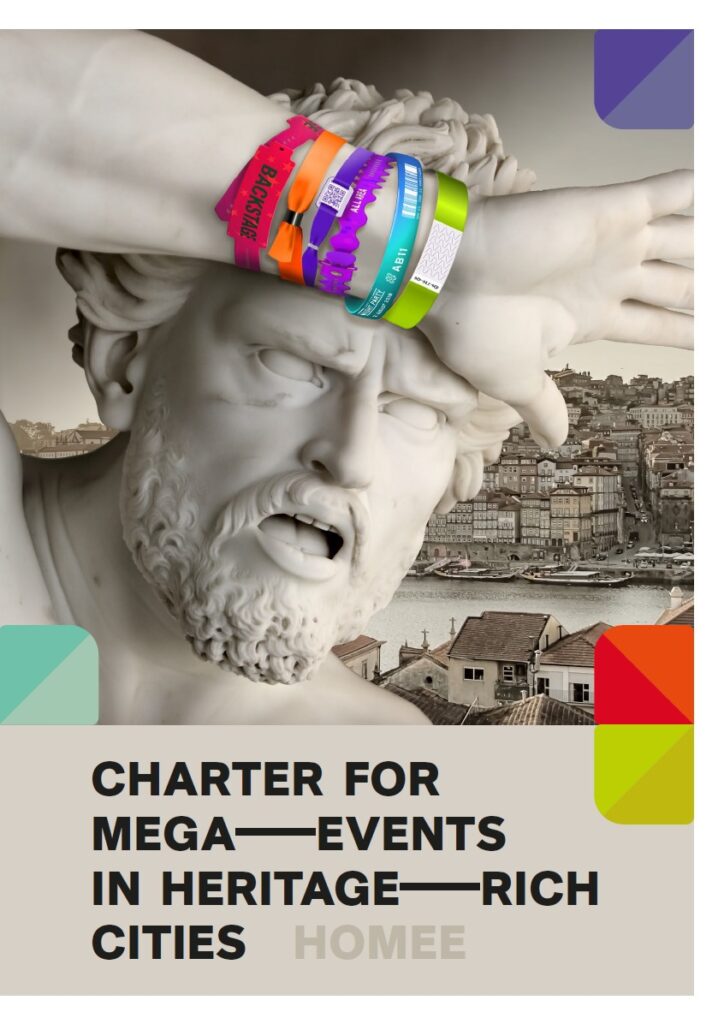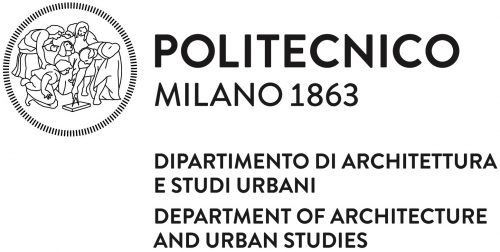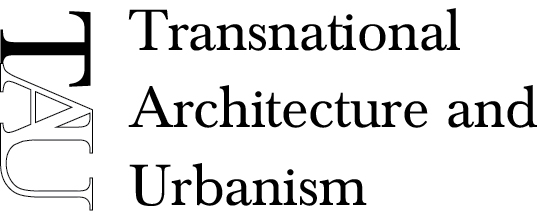Ponzini, D., Jones, Z. M., Di Vita, S., & De Togni, N. (2021). Mega-events and the City. Evolving discourses, planning scales, and heritage. Territorio, 98, 103–109.
Category: Publications Archive
Short-term gains and long-term challenges to learning from mega-event planning in the city of Genoa
Jones, Z. M. (2022). Short-term gains and long-term challenges to learning from mega-event planning in the city of Genoa. European Planning Studies, 30(3), 437-456. DOI 10.1080/09654313.2021.1959720
European Planning Studies 2022 Special Issue – Cultural mega-events and heritage: challenges for European cities 2022
Davide Ponzini (Editor) Available at Taylor and Francis Online
Webinar: Mega-events in heritage rich cities

Mega-events in heritage-rich cities: From research to principles and policy recommendations (2021)
The online conference launched the Charter for Mega-events in Heritage-rich Cities. Mega-events have been changing their relationship with the city, now more commonly using existing infrastructures and facilities. In Europe and other parts of the world, this may put historic city centres and broader heritage assets under stress. How can cities rich in culture host mega-events without putting their own heritage at risk? How can mega-events become effective ways to promote and protect tangible and intangible heritage?
The webinar will introduce and launch the “Charter for Mega-events in Heritage-rich Cities” that responds to these questions. The Charter derives from the HOMEE research project that investigated case studies across Europe and involved organizations, experts and professionals in the field. It provides principles and policy recommendations for decision makers and event organisers to avoid typical pitfalls while cooperating with the heritage sector.
During the webinar sessions, leading international experts and policy-makers will discuss the Charter and engage with current and future challenges regarding mega-events, heritage and the city.
Participants
- Ana Kočegarova (Head of Programme of the Kaunas 2022 ECoC)
- Maria Gravari-Barbas (Professor, Paris 1 Sorbonne Sorbonne University; Director of the “Tourism, Culture, Development” UNESCO Chair); Pascal Liévaux (Chair of the EU Joint Programming Initiatives on Cultural Heritage)
- Chryssa Martini (Eleusis 2023 ECoC)
- Marco Edoardo Minoja (Cultural Director, City of Milan)
- Jordi Pascual (Coordinator of the Secretariat of the Committee on Culture of United Cities and Local Governments)
- Robert Piaskowski (Plenipotentiary of the Mayor of Krakow for Culture, on behalf of the Organization of World Heritage Cities)
- Sneška Quaedvlieg-Mihailović (Secretary General, Europa Nostra)
July 8, 2021, Online
The video recording of the sessions are now available online. See the morning session and the afternoon session.

Charter for Mega-events in Heritage-rich Cities
Launched in 2021 as the final outcome of the HOMEE Research Project, the Charter for Mega-events in Heritage-rich Cities provides principles and recommendations that can help cities take advantage of the opportunities offered by mega-events and mitigate their risks. The Charter explores issues ranging from the new uses and physical stresses that mega-events can introduce in historic areas to changes in the understanding of heritage spaces. It investigates the challenges for the local governance of mega-events.
Local policymakers can refer to the Charter’s recommendations from the initial bidding stages for cultural mega-events like Capital/City of Culture programmes and throughout the planning of the event and its legacy. More broadly, the Charter can be useful for organising other large cultural events, festivals and sport mega-events that interact with cities’ tangible and intangible heritage.
The Charter consists of 13 key principles structured within the four themes: context matters,
planning legacies, inclusive governance, communities & identities. The 13 principles represent the Charter’s core values. They are supported by more detailed guidelines and recommendations aimed at policymakers, as well as event organisers, heritage officials and the local community.


